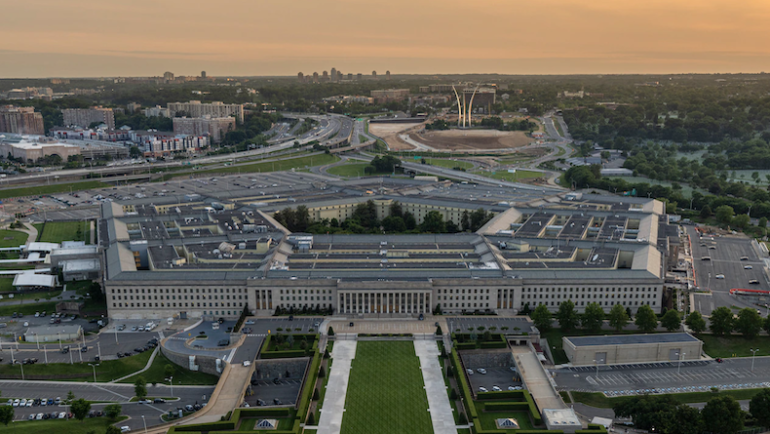Newspaper Article 29/06/2018
The past is something that can either hold you back, or force you to move forward. Ultimately, it depends on how one deals with the past events of their life. This can apply to whole states and societies as well. The relations between the US and Pakistan is similarly weighed down by the baggage of history.
Recently, during a Senate Armed Services Committee hearing, Lieutenant General Austin Miller, the Commander of the US Joint Special Operations Command (JSOC), accused Pakistan of providing safe heavens to extremist forces, like the Haqqanis and the Afghan Taliban. Alice G. Wells, the US Principal Deputy Assistant Secretary of State for South and Central Asian Affairs, concurred with this statement, and added that Pakistan had been warned of the consequences of these actions. These remarks depict the existing state of affairs between the two countries. It is also important to mention here that General Miller is in the running to become the commander of the US forces stationed in Afghanistan, and will have major impact on US policy in the region.
The mistrust between the two nations has become so deep that it is now controlling their relationship, essentially stopping it from going forward. Even though, in the past, almost every US president viewed Pakistan as a problematic ally, this perception has now become permanent. The Americans expect Pakistan to keep doing more in order to support their ideology in the region, while in return they provide Pakistan with the weapons and financial loans the country needs. This strategic alliance has been beneficial for both sides, but lately it has become slightly one sided. The Americans keep asking for more, and when they don’t ask, they just take.
Under President Trump, their demands have been becoming increasingly untenable. They want Pakistan to singlehandedly solve the extremist problem and the instability that has gripped Afghanistan for so long. Even the great US couldn’t solve these complex issues, then how is Pakistan supposed to achieve any success, especially when at the same time the US makes these demands, they also suspend military and financial aid to the country.
On the other side of this issue is the looming presence of India, and their improving relationship with the US. In their case, the Americans are willing to leave the past behind, and this has further alienated Pakistan. Even though the US claims that they will not interfere in the issues shared between the two neighbours, their recent closeness to India seems to be in direct response to the growing harmony between Pakistan and China. CPEC seems to be a threat to the desired regional hegemony for India, and the global hegemony enjoyed by the US. The developments made in this regard, will in turn lead US policy in the region.
India and the US are using their partnership to spread their influence over South Asia, by first stamping their authority over Afghanistan, and then later Iran. This may be a dangerous game for both nations, especially considering the region has been marred by complications. Even though the relationship between the US and Pakistan has survived quite a lot of obstacles over the years, the former’s increasing reliance on India, and the latter’s growing friendship with China, threaten to finally disrupt this association at long last.
Note: Article originally published in Daily Times on June 28, 2018.
Link: https://dailytimes.com.pk/258970/trouble-in-paradise-for-pakistan-and-america/
Disclaimer: Views expressed are of the writer and are not necessarily reflective of IPRI policy.

